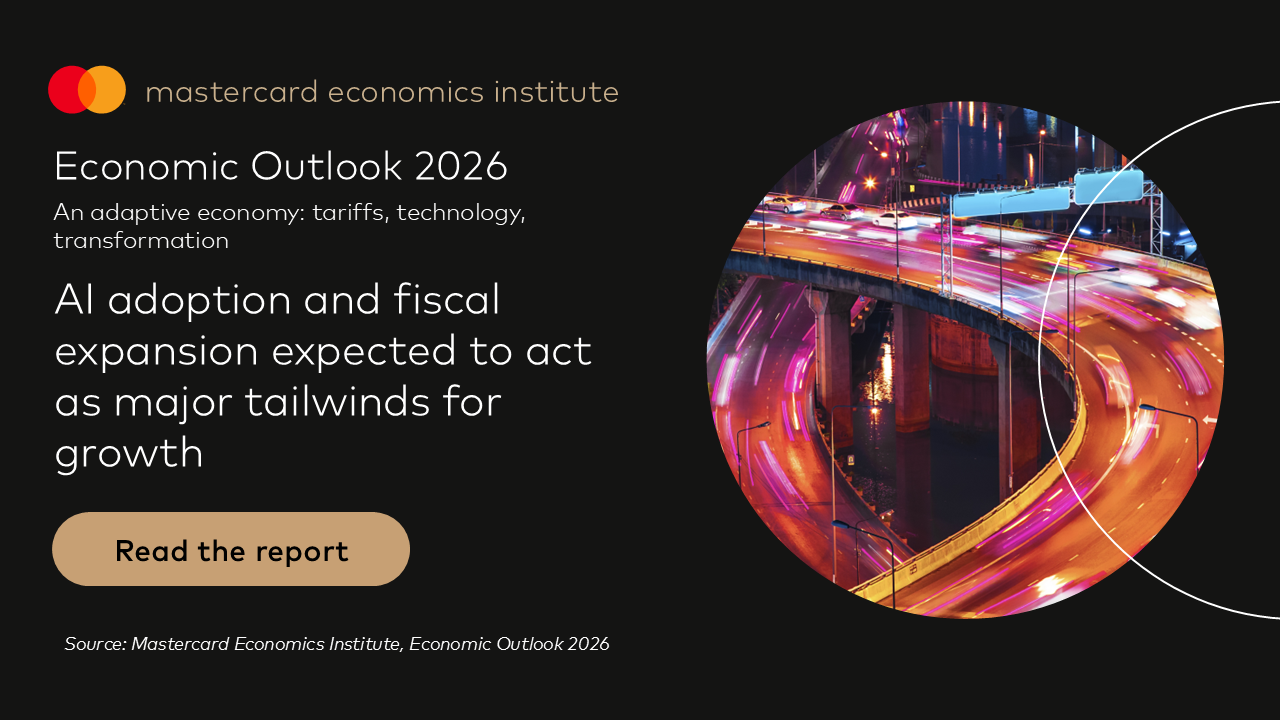News
March 09, 2018
64: A new poll shows that 64 percent of American voters disagree with President Trump’s comment that a trade war would be good for the United States and easily won.
100 from 1: About 80% of the fake news found on Twitter comes from just 0.1% of accounts, and all fake news is shared by only about 1% of accounts, according to Harvard scholar David Lazer.
21: When Narendra Modi became India’s prime minister in 2014, his party, the BJP, governed just seven of India’s 29 states. Today, the party governs alone or in coalition in 21 states. Upcoming state elections later this year will prove an important test of the BJP’s lasting power as India’s most powerful political force.
53: Some 53% of Venezuelans between 15 and 29 would like to move abroad permanently, according to a new poll from Gallup. When President Maduro assumed office in 2013, just 12% of all Venezuelans said they wanted to leave the country.
3.5 trillion: Later this month, members of the African Union plan to sign a Continental Free Trade Agreement designed to integrate a continent with a population of 1.2 billion people and estimated GDP of $3.5 trillion.
More For You
Mastercard Economic Institute's Outlook 2026 explores the forces redefining global business. Tariffs, technology, and transformation define an adaptive economy for the year ahead. Expect moderate growth amid easing inflation, evolving fiscal policies, and rapid AI adoption, driving productivity. Digital transformation for SMEs and shifts in trade and consumer behavior will shape strategies worldwide. Stay ahead with insights to help navigate complexity and seize emerging opportunities. Learn more here.
Most Popular
Think you know what's going on around the world? Here's your chance to prove it.
Miami Mayor-elect Eileen Higgins points as she thanks her staff and supporters on the night of the general election, on Tuesday, Nov. 4, 2025.
Carl Juste/Miami Herald/TNS/ABACAPRESS.COM
A Democrat won Miami’s mayoral race for the first time in nearly 30 years. The Republican defeat will ring some alarms for the party – and their support among Latino voters.
Women work in the plastic container assembly area inside the El Oso shoe polish factory, located in Mexico City, Mexico, in its new facilities, after officers from the Secretariat of Citizen Security and staff from the Benito Juarez mayor's office arbitrarily and violently remove their supplies, raw materials, machinery, and work tools on January 17 of this year following a coordinated operation stemming from a private dispute. On August 27, 2025.
Photo by Gerardo Vieyra/NurPhoto
50: Mexico’s President Claudia Sheinbaum is taking a page out of US President Donald Trump’s book, implementing up to a 50% tariff on more than 1,400 products in a bid to boost domestic production.
© 2025 GZERO Media. All Rights Reserved | A Eurasia Group media company.
